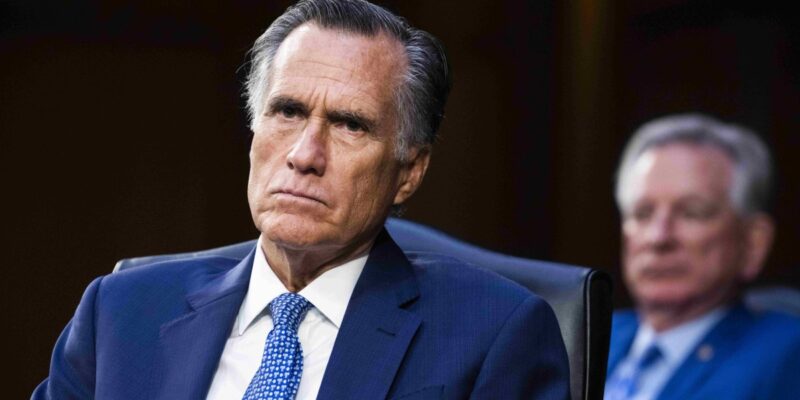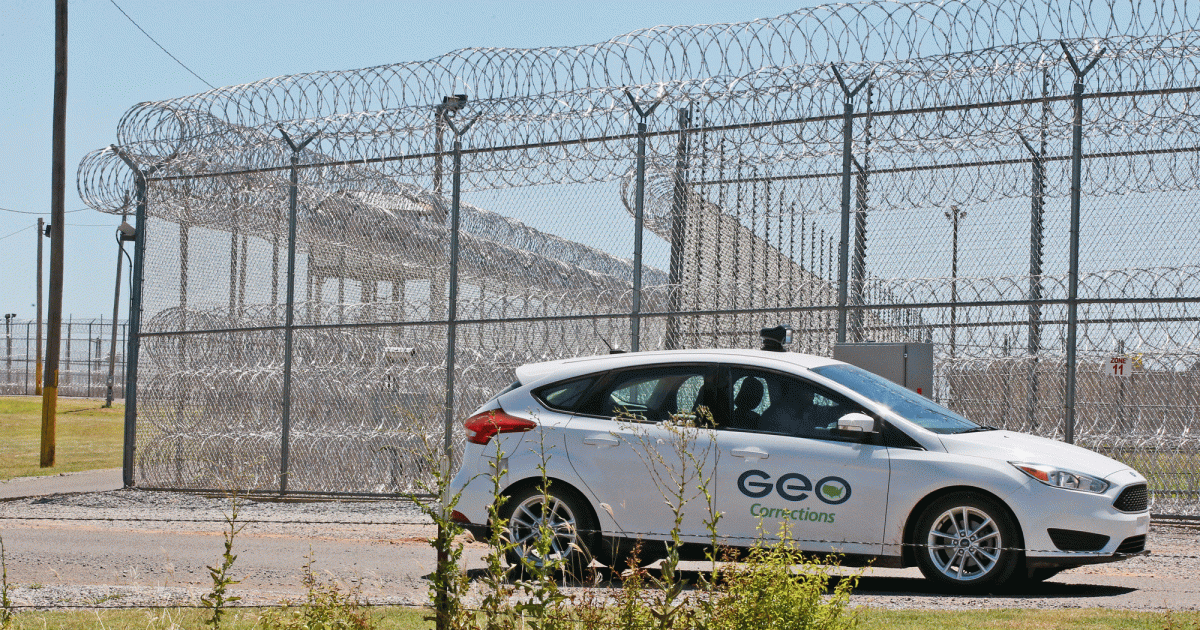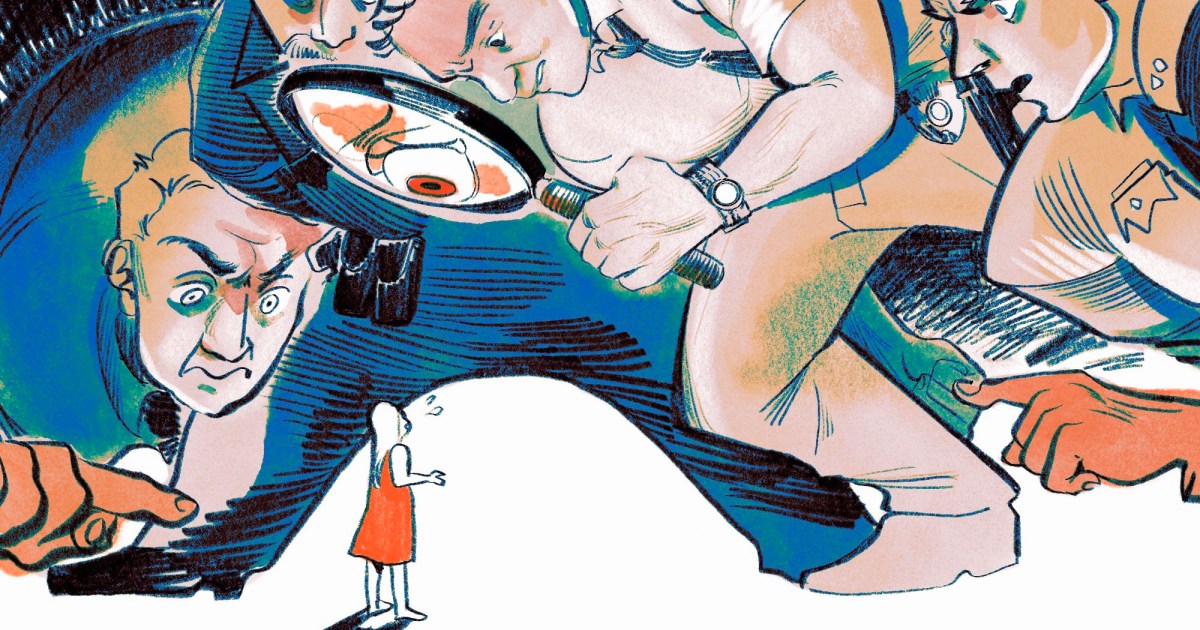
In Denver, e-bike vouchers have been a smashing success.
Every other month, Denverites can snag $300 discounts on e-bike purchases and $500 on e-cargo bikes, with higher rebates offered for low-income cyclists. The available vouchers are typically snatched up in minutes. On Sunday, the first warm spring day in Denver, the transformative effects of the more than 5,000 discounted e-bikes on the city’s infrastructure were clear. Bikes and e-bikes occupied full lanes of traffic in the Lower Highlands, and bike traffic flowed steadily along the Cherry Creek Trail. Minus the wide streets and new construction, it was nearly a European experience.
Cities across the United States could undergo a similar transformation. Democrats have introduced legislation that would secure tax credits for e-bike buyers around the country, discounting the bikes by $1,500.
Republicans are largely not on board, and they’re offering some downright idiotic arguments against e-bikes.
“I’m not going to spend money on buying e-bikes for people like me who have bought them—they’re expensive,” Sen. Mitt Romney told Business Insider. “Removing automobile lanes to put in bike lanes is, in my opinion, the height of stupidity, it means more cars backing up, creating more emissions.”
This makes no sense. When people ride bikes instead of driving cars they produce fewer emissions.
Studies have again and again borne out the beneficial environmental effects of better cycling infrastructure. Researchers at McGill University found that better bike infrastructure in Montreal led to more bike ridership, less driving, and a reduction in greenhouse gas emissions. A comprehensive study of 106 European cities likewise showed that bike infrastructure established during the coronavirus pandemic led to more cycling. The Institute for Transportation and Development Policy has found that new bike lanes reduced emissions in Bogota, Colombia, and Guangzhou, China.
But let’s dig in to Romney’s statement a bit more.
To understand why bike lanes do not create more emissions, you have to understand induced demand. Wide new roads beget traffic. When Robert Moses tried to reduce congestion on New York City’s streets by adding ever-wider bridges and highways, more people chose to drive, and traffic increased. Conversely, reduced demand is possible. When cities take away car lanes, traffic tends to decrease, so you’ll see fewer cars backing up.
This is not radical or contested terrain. Jane Jacobs wrote in The Death and Life of Great American Cities, published in 1961, that people who are on the “borderline of choice” about which transport mode to use—buses versus cars, for example—tend to use that which is most convenient. “Great accessibility by car is inexorably accompanied both by less convenience and efficiency of public transportation, and by thinning-down and smearing-out of uses, and hence by more need for cars,” she wrote. When riding a bicycle becomes more convenient than driving a car, more people will ride bicycles.
Romney, according to Insider, said that people who can’t afford cars should take mass transit instead, but he didn’t mention that mass transit is either spotty or nonexistent in much of the country. And, following Jacobs’ line of thinking, if we continue to make transportation by car convenient, there will be no impetus for localities to build public transportation, and then no reason for people to use it. As it is, people who can’t afford cars often have no choice but to go into debt purchasing them, and to remain in poverty as they struggle to pay for gas and repairs.
Salt Lake City, in Romney’s state, shares a lot of similarities to Denver: It’s a medium-sized city, it’s bordered by mountains, and it has a notorious history of poor air quality. It’s not hard to imagine that Salt Lake City could become a similar cyclist haven and reap the rewards of lower emissions, better air quality, and more fun on warm, sunny days. That future is possible, if only Romney and his Republican colleagues wanted it.















